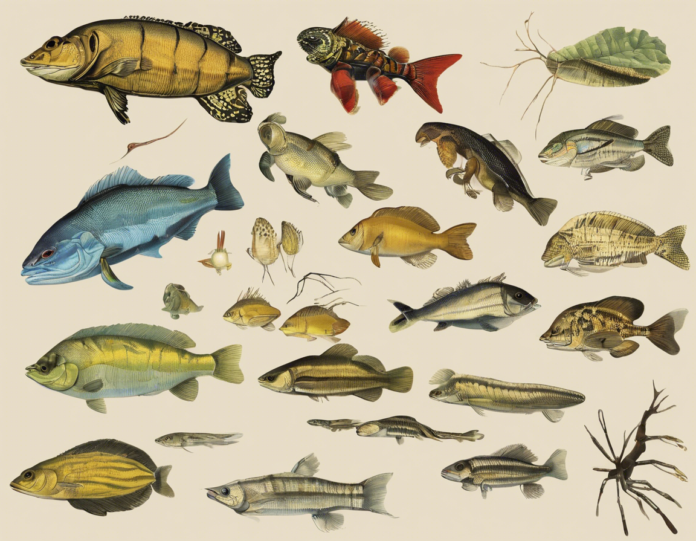Introduction
Species Variations: A Crucial Component of Ecosystems
Biodiversity is the cornerstone of healthy ecosystems, playing a critical role in ensuring the survival of all living organisms on Earth. Within biodiversity, species variations are of particular significance. These variations refer to the genetic diversity and physical differences that exist among individuals of the same species. In this article, we will delve deep into the importance of species variations in promoting survival and resilience in ecosystems.
The Significance of Species Variations
1. Adaptation to Changing Environments
One of the primary advantages of species variations is that they enable populations to adapt to changing environmental conditions. When a new stressor, such as a disease or climate change, threatens a species, individuals with certain genetic traits may be better equipped to survive and reproduce. Over time, this can lead to the emergence of new adaptations that enhance the species' survival chances.
2. Enhanced Resilience
Species variations also contribute to the resilience of ecosystems. A diverse population with a range of genetic traits is better equipped to withstand disruptions and maintain ecosystem functions. For example, if a particular disease targets individuals with a specific genetic makeup, a diverse population may still have individuals that are resistant to the disease, preventing a catastrophic decline in population numbers.
3. Increased Productivity
In addition to promoting survival and resilience, species variations can also enhance the overall productivity of an ecosystem. Different individuals within a species may have unique roles or niches, such as being better at foraging for food or evading predators. This division of labor can lead to more efficient resource utilization and ultimately contribute to the ecosystem's overall health.
4. Evolutionary Potential
Species variations are a driving force behind evolution. As individuals with certain traits are selected for in response to environmental pressures, the genetic makeup of a population can change over time. This process of natural selection allows species to evolve and adapt to new challenges, ensuring their long-term survival.
5. Conservation Implications
Understanding the importance of species variations is crucial for conservation efforts. By protecting and preserving genetic diversity within populations, conservationists can help ensure that species have the adaptive potential necessary to survive in a changing world.
FAQs
Q1: How do species variations differ from species diversity?
A1: Species variations refer to the genetic and physical differences that exist among individuals of the same species, while species diversity refers to the variety of different species in a particular ecosystem.
Q2: Can human activities negatively impact species variations?
A2: Yes, human activities such as habitat destruction, pollution, and climate change can reduce genetic diversity within populations, making species more vulnerable to extinction.
Q3: How do scientists study species variations?
A3: Scientists study species variations through techniques such as genetic sequencing, population surveys, and field observations to understand the genetic makeup and diversity of populations.
Q4: Are certain species more resilient to environmental changes due to their variations?
A4: Yes, species with higher genetic diversity are often more resilient to environmental changes as they have a greater chance of having individuals with adaptive traits.
Q5: Can species variations influence the interactions between different species in an ecosystem?
A5: Yes, species variations can influence how species interact with one another, such as through predator-prey relationships or competition for resources.
In conclusion, species variations play a crucial role in promoting survival and resilience in ecosystems. By understanding and safeguarding the genetic diversity within populations, we can help ensure the long-term survival of all living organisms on our planet.

